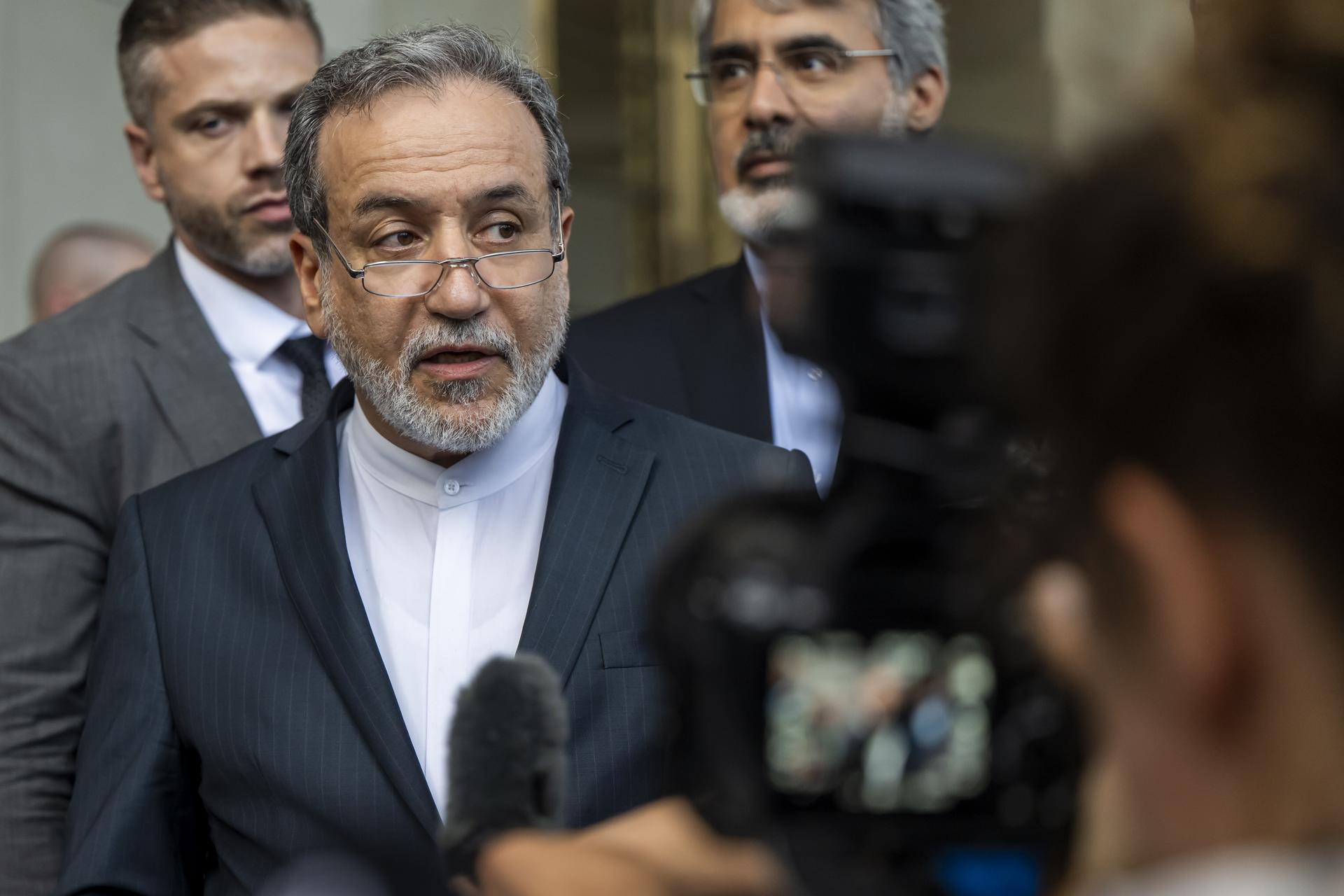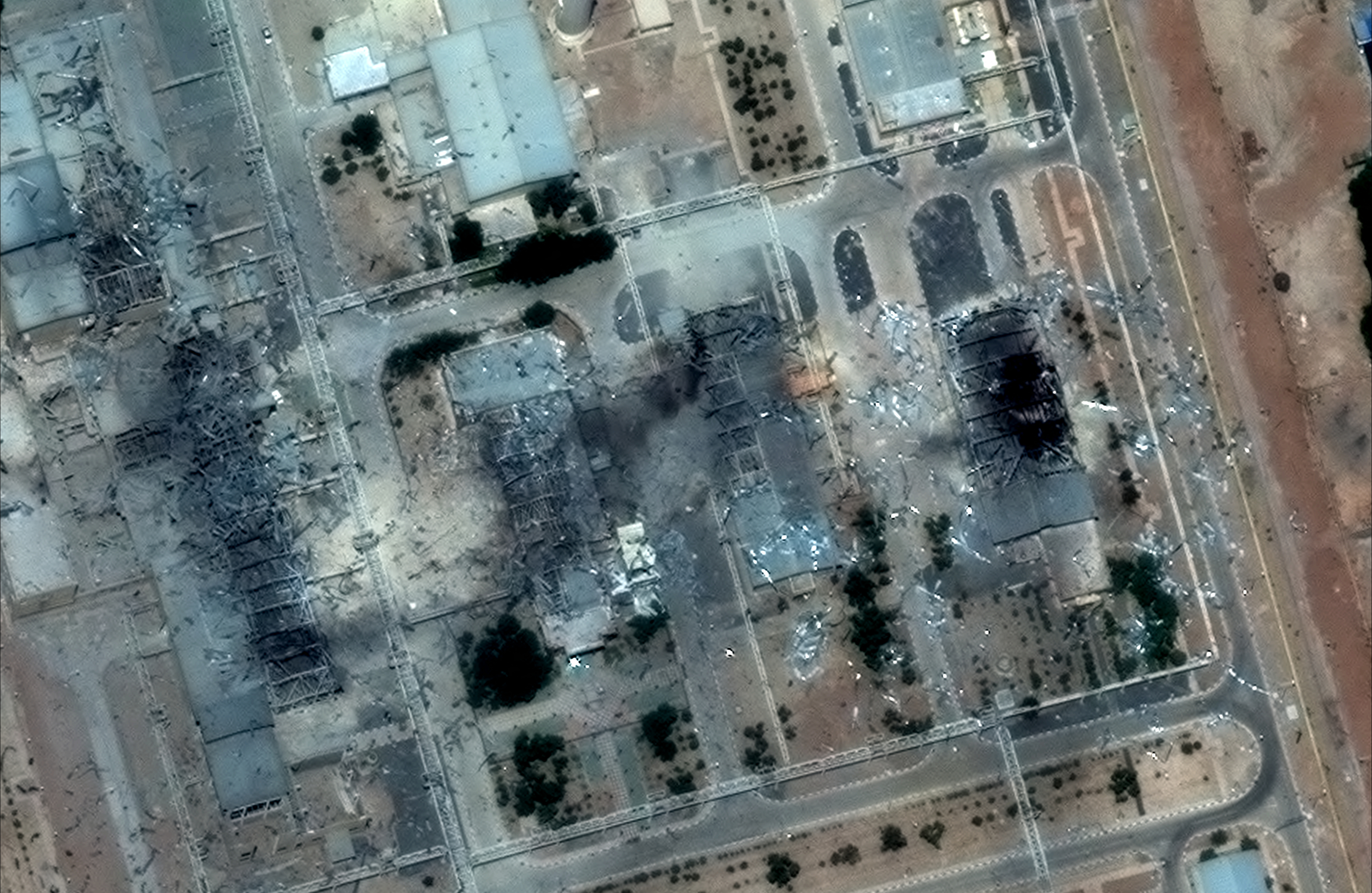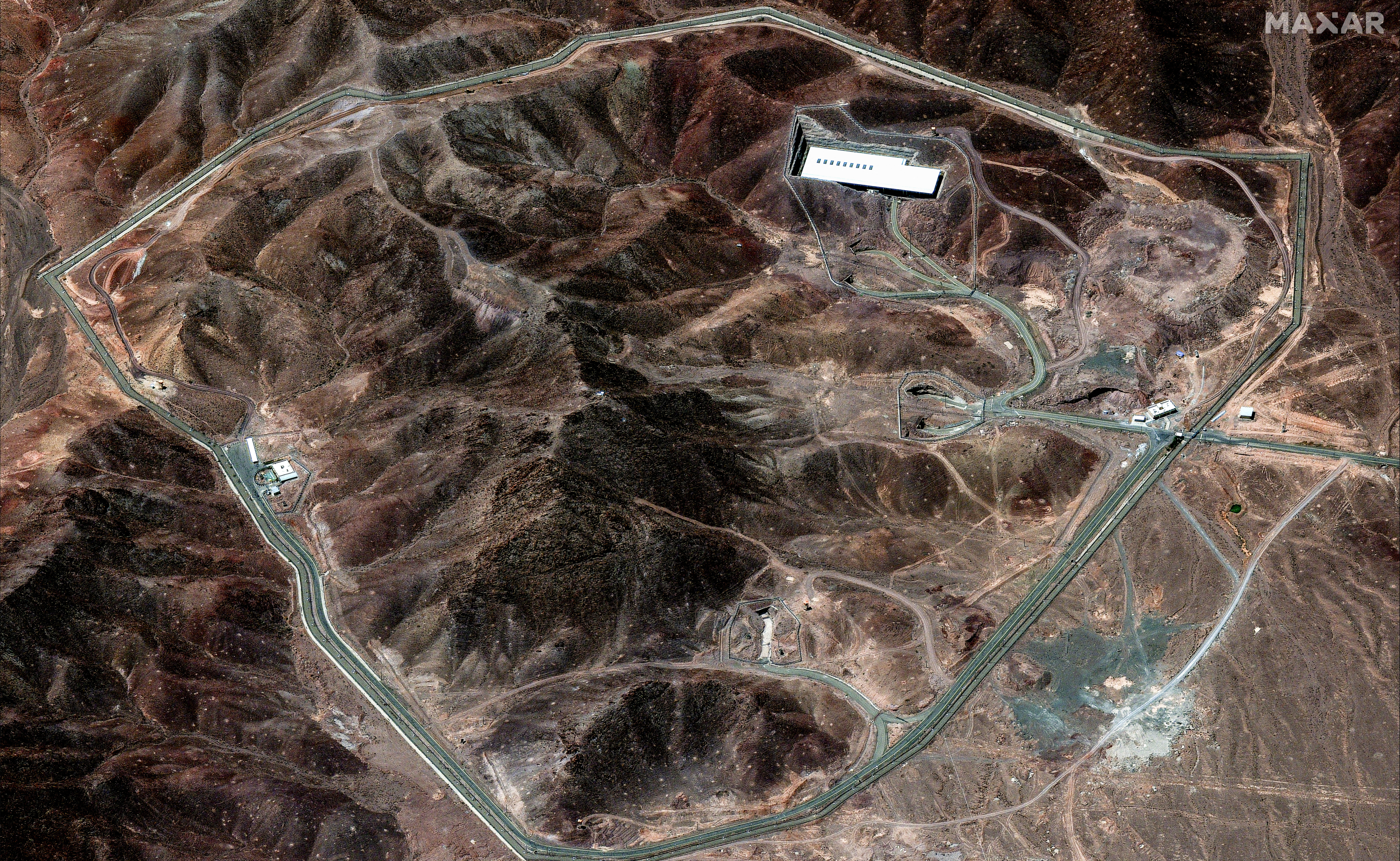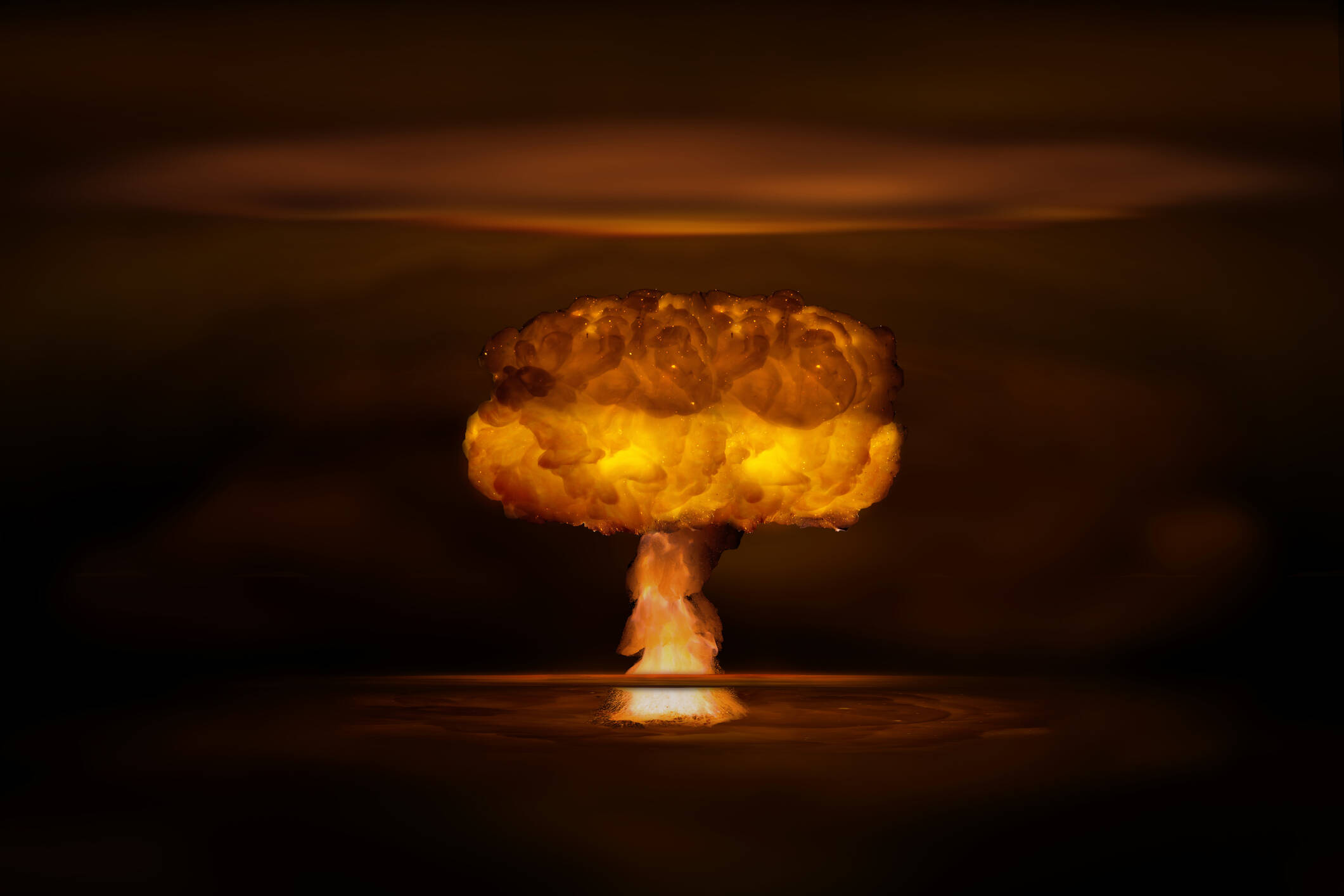Iran resumes talks on its nuclear program with Germany, France, and the United Kingdom in Istanbul after war with Israel and threat of new sanctions.

An Iranian delegation resumed talks on the nuclear program in Istanbul on Friday with representatives from Germany, France, and the United Kingdom, who are threatening to reinstate sanctions against Tehran.

Iranian Foreign Minister Abbas Araqchi Photo: EFE
It is the first meeting between these four countries since the twelve-day war between Israel and Iran , which the Hebrew state launched in mid-June under the pretext of preventing the Islamic Republic from acquiring nuclear weapons.
The United States joined its Israeli ally in its offensive by bombing three Iranian nuclear facilities on the night of June 21-22.
Iranian state television reported that the talks began at 9:30 a.m. local time (6:30 a.m. GMT) at the Iranian consulate in Istanbul and are expected to last until approximately 12:30 p.m.
These three European countries, along with the United States, China, and Russia, signed an agreement with Iran in 2015 that provided for restrictions on the development of its nuclear program in exchange for a gradual lifting of UN sanctions.
But in 2018 , during Donald Trump's first term, the United States unilaterally withdrew from the pact and reimposed sanctions against Tehran.
Germany, France, and the United Kingdom pledged their commitment to the 2015 agreement and their intention to continue trade with Iran. Therefore, UN and European sanctions were not reinstated.
But now the three are accusing Tehran of not honoring its commitments and threatening to reinstate all sanctions under a clause in the agreement that expires in October. Iran wants to avoid this at all costs.
Before the talks began, Iranian Foreign Ministry spokesman Esmail Baqai said the meeting was "a test of realism for the Europeans and a valuable opportunity to correct their stance on the Iranian nuclear issue," according to statements reported by the official IRNA news agency.

Isfahan nuclear plant, Iran, after the US bombing. Photo: AFP
A European source told AFP that "inaction by the E3 (as these three countries are known) is not an option" in the face of Iran.
The Europeans are preparing to activate this mechanism "in the absence of a negotiated solution," said this source, who urged Iran to resume its cooperation with the International Atomic Energy Agency (IAEA), suspended by Tehran after the war with Israel.
Iranian Deputy Foreign Minister Kazem Qaribabadi, who is scheduled to attend the meeting in Istanbul, said Tuesday that resorting to this so-called "snapback" mechanism would be "totally illegal."
Iran has threatened to withdraw from the Non-Proliferation Treaty, which guarantees the peaceful use of atomic energy, if UN sanctions are reimposed.
But the Islamic Republic wants to avoid this possibility, as it would exacerbate its international isolation and increase pressure on its economy, already weakened by sanctions.
Iran believes the IAEA bears some responsibility for the start of the Israeli and US attacks, which is why it officially suspended all cooperation with the UN agency in early July.

The Fordo fuel enrichment plant in central Iran. Photo: AFP
The official suspension of cooperation with the IAEA sparked outrage in Israel, which urged the three European countries to "restore all sanctions against Iran."
After the war, Iran reiterates that it will not give up its nuclear program, a "national pride," in the words of its foreign minister, Abbas Araqchi.
"It's important for (the Europeans) to know that Iran's positions remain unwavering and that uranium enrichment will continue," he said Thursday.
The IAEA inspectors have left the country, but a technical team is expected to visit soon, although they will not be able to access the nuclear facilities.
Araqchi stated that uranium enrichment was currently "halted" due to the "serious" damage caused by the US and Israeli attacks.
This issue was one of the main points of disagreement between Washington and Tehran during the several rounds of negotiations they held before the war with Israel.

Iran is the only non-nuclear country that enriches uranium to 60%. Photo: iStock
Iran views uranium enrichment as a "non-negotiable" right to develop a civilian nuclear program, but for the United States, it is a "red line" on which it refuses to compromise.
According to the IAEA, Iran is the only non-nuclear-weapon country that enriches uranium to 60%. This percentage far exceeds the 3.67% limit set by the 2015 pact, but still falls short of the 90% required to make an atomic bomb.
eltiempo




